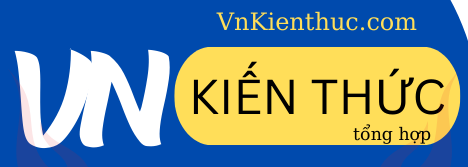sarangheyo
Cộng tác viên
- Xu
- 0
1.
The pattern' -(으)ㄹ까요?' Shall we(I) ~ ?/Will it be ~ ?
The pattern '-(으)ㄹ까요?' is used to express inquiring about someone's opinion, view or appraisal on a certain matter or fact with the action verb.
In this case, the subject of the sentence is always the first person, singular or plural.
우리거기에서만날까요?
Shall we meet there?
무엇을할까요?
What shall I do?(lam` gi` do’)
늦었으니까비행기로갈까요?
Because we are late, shall we go by airplane?
When used with the adjectives, or with '있다(to exist)' or '이다(to be)', the subject of the sentence is the third person, and it express doubt or polite denial.
한국어가가재미있을까요?
Will Korean be interesting?
(or You say Korean is interesting ?)
이게더나을까요?
Will this one be better?
도서관이저기에있을까요?
Will the library be over there?
(Do you think the library is over there?)
The pattern' -(으)ㄹ까요?' Shall we(I) ~ ?/Will it be ~ ?
The pattern '-(으)ㄹ까요?' is used to express inquiring about someone's opinion, view or appraisal on a certain matter or fact with the action verb.
In this case, the subject of the sentence is always the first person, singular or plural.
우리거기에서만날까요?
Shall we meet there?
무엇을할까요?
What shall I do?(lam` gi` do’)
늦었으니까비행기로갈까요?
Because we are late, shall we go by airplane?
When used with the adjectives, or with '있다(to exist)' or '이다(to be)', the subject of the sentence is the third person, and it express doubt or polite denial.
한국어가가재미있을까요?
Will Korean be interesting?
(or You say Korean is interesting ?)
이게더나을까요?
Will this one be better?
도서관이저기에있을까요?
Will the library be over there?
(Do you think the library is over there?)
Sửa lần cuối bởi điều hành viên:
